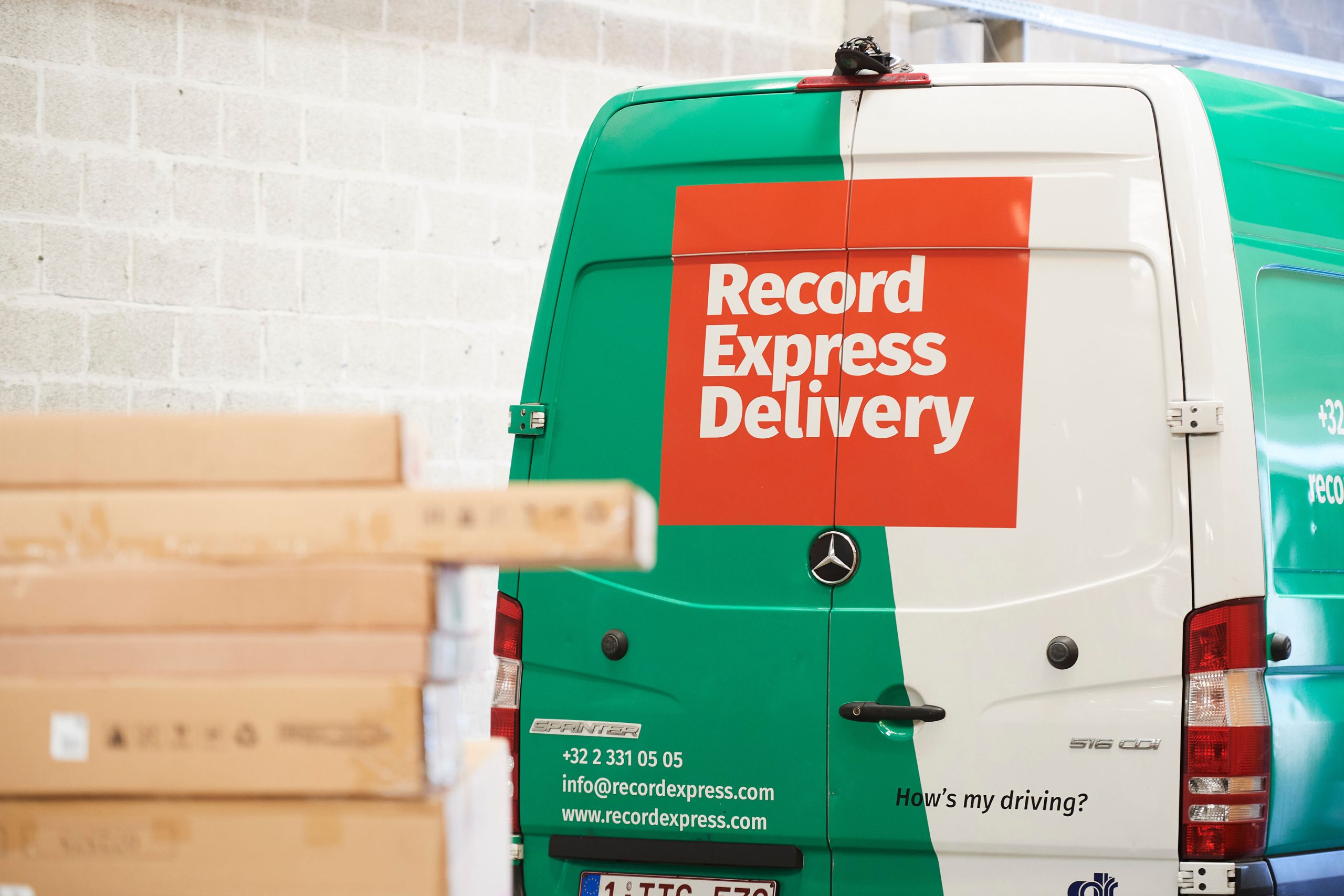Freight Forwarding Explained
Freight forwarding is the coordination and management of international shipments by specialised intermediaries called freight forwarders. SEND PARCELHome / E-commerce logistics / CFreight Forwarding Explained

Freight Forwarding Explained
TL;DR: Freight forwarding is the coordination and management of international shipments by specialised intermediaries called freight forwarders. They don’t usually own the transport vehicles but act as logistics architects—arranging carriers, handling customs, preparing documentation, and ensuring goods move efficiently across borders. Freight forwarders play a critical role in global trade by reducing complexity for businesses and optimising costs, transit times, and compliance.
What is freight forwarding?
Freight forwarding is the planning and organisation of goods transport on behalf of shippers, usually for international or multi-modal movements (UNCTAD). Freight forwarders act as intermediaries, managing the end-to-end logistics process even though they may not operate trucks, ships, or planes themselves.
- Arrange transport across air, sea, road, or rail
- Prepare documentation including bills of lading and customs forms
- Negotiate rates with carriers to optimise cost
- Coordinate insurance and risk management
- Track and monitor shipments across the journey
Takeaway: Freight forwarding is about orchestration—managing multiple logistics players to deliver seamless international trade.
What does a freight forwarder do?
A freight forwarder acts as a logistics specialist who ensures goods are moved compliantly, efficiently, and cost-effectively across borders (FIATA).
- Organises pick-up, consolidation, and transport with chosen carriers
- Handles export and import documentation
- Advises on Incoterms and trade regulations
- Arranges warehousing and distribution if required
- Provides visibility with tracking and updates
By acting as a single point of contact, freight forwarders simplify complex shipping arrangements and reduce administrative burdens for businesses.
Takeaway: Freight forwarders save businesses time, reduce risk, and ensure regulatory compliance during international shipping.
How does freight forwarding differ from courier or freight services?
Freight forwarding is distinct because it focuses on coordination and management, not direct transport (International Maritime Organization).
- Couriers: small parcels, fast delivery, often within a single network
- Freight carriers: operate the actual transport assets (ships, planes, trucks)
- Freight forwarders: act as intermediaries, managing carriers and compliance
- Forwarders can combine multiple modes (air, sea, road) for efficiency
- They often secure better rates than individual shippers negotiating directly
Takeaway: Forwarders manage the process end-to-end, couriers and carriers perform the physical movement.
What are the benefits of using a freight forwarder?
Freight forwarders deliver value by reducing complexity, providing expertise, and saving costs (OECD).
- Expert knowledge of global trade and regulations
- Better carrier rates due to volume and relationships
- Risk management through insurance and contingency planning
- Time savings for businesses lacking internal logistics teams
- Scalability for SMEs entering international markets
Freight forwarders are especially useful for SMEs, who may lack the resources to manage customs, multi-leg shipments, and international paperwork independently.
Takeaway: Forwarders unlock global markets by providing logistics expertise and economies of scale.
What documents are managed by freight forwarders?
Freight forwarders prepare and manage critical international trade documentation (International Chamber of Commerce).
- Bill of lading (sea) or airway bill (air)
- Commercial invoices and packing lists
- Certificates of origin
- Customs declarations and licences
- Insurance certificates
Accuracy and completeness of documentation are essential to avoid customs delays, fines, or cargo seizures.
Takeaway: Documentation is central to freight forwarding—errors can halt shipments and increase costs.
What are the challenges in freight forwarding?
Freight forwarding faces challenges from global trade complexity, regulation, and supply chain disruptions (UNCTAD).
- Customs and trade regulation differences across countries
- Volatility in freight costs due to fuel prices or demand spikes
- Port congestion and capacity shortages
- Geopolitical tensions affecting trade routes
- Sustainability requirements and carbon reporting
Resilience in freight forwarding requires technology adoption, diversified carrier networks, and proactive compliance strategies.
Takeaway: Global logistics is unpredictable; forwarders mitigate risk but remain exposed to macro-level challenges.
How does technology support freight forwarding?
Digital tools enhance freight forwarding by improving visibility, compliance, and efficiency (IBM).
- Freight management systems for carrier booking and rate comparison
- Blockchain for secure trade documentation
- IoT sensors for shipment visibility
- AI for predictive analytics on costs and delays
- Digital customs clearance platforms for faster compliance
Technology reduces administrative friction and gives businesses real-time insight into global shipments.
Takeaway: Forwarders leveraging technology provide better transparency and risk management for clients.
How Record Express supports freight forwarding in Belgium
Record Express partners with freight forwarders and provides expedited delivery solutions across Belgium, connecting international shipments with reliable local execution.
- Integration with freight forwarding partners for last-mile delivery
- Support for customs-aware logistics in Belgium
- Trusted courier services for time-sensitive freight forwarding needs
- Coverage across Brussels, Antwerp, Ghent, and nationwide
- Experience linking SMEs with global freight networks
By acting as a bridge between international freight forwarders and Belgian businesses, Record Express ensures smooth transitions from global supply chains to local delivery networks.
🔗 Related reading:
- Freight vs Courier: Key Differences
- Parcel Delivery vs Freight: Which Should You Use?
- Customs Compliance for International Delivery
- International Courier Services to Belgium
- Cross-Border Delivery in the EU
FAQs
1. Do freight forwarders own ships or planes?
Usually no—they coordinate carriers rather than owning assets directly.
2. What’s the difference between freight forwarding and customs brokerage?
Brokers specialise in customs clearance, while forwarders handle the entire logistics process, often working with brokers.
3. Are freight forwarders only for large companies?
No—SMEs use forwarders to access international trade expertise and lower rates.
4. How do freight forwarders reduce costs?
They consolidate shipments, negotiate bulk rates, and optimise carrier selection.
5. Does Record Express act as a freight forwarder?
Record Express is not a forwarder but works with forwarders to ensure smooth last-mile delivery in Belgium.
Sources

Record Express was awarded a 59/100 score by EcoVadis, the global leader in sustainability ratings.